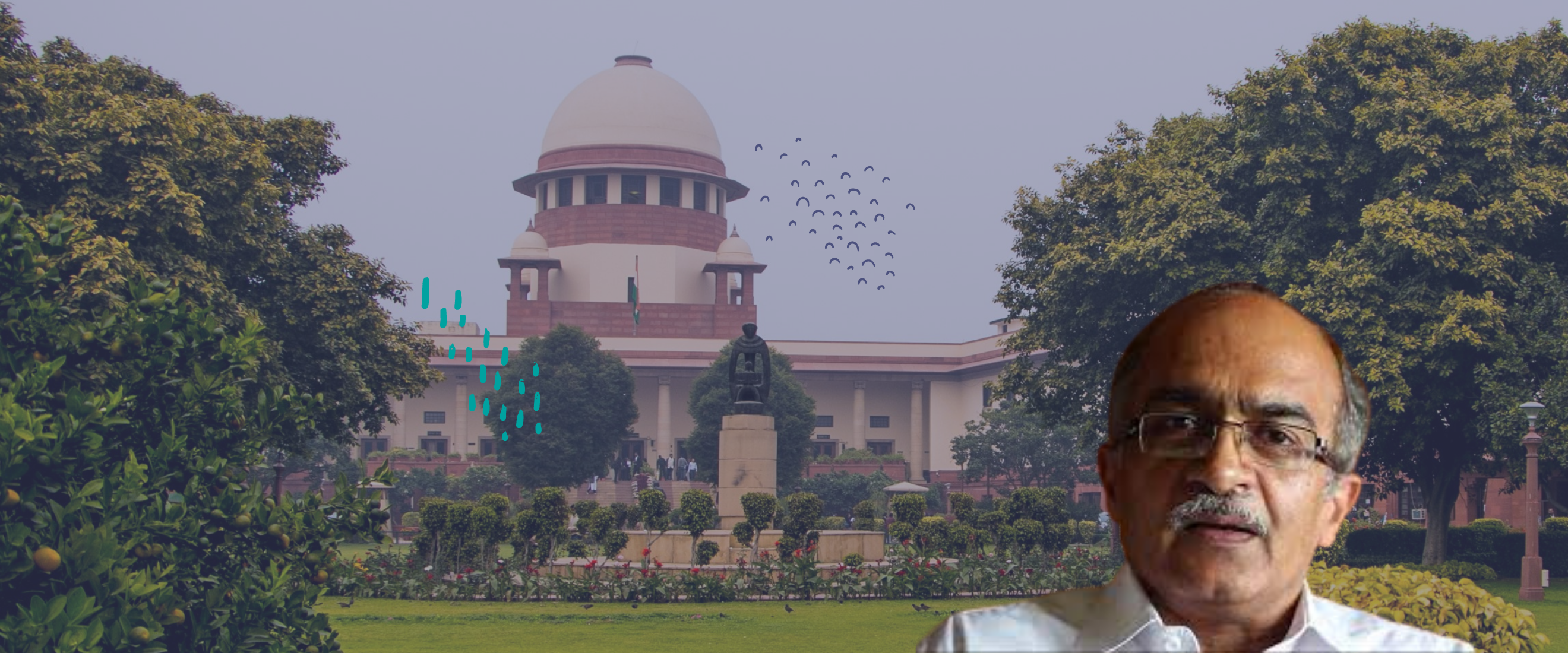Analysis
Prashant Bhushan Sentencing: How Will the Court Rule?
Prashant Bhushan is due to be sentenced tomorrow. The Court has rarely ordered imprisonment

On August 14th 2020, Prashant Bhushan was held guilty of criminal contempt by a Supreme Court bench consisting of Justices Arun Mishra, B.R. Gavai, and Krishna Murari. He is due to be sentenced by the Supreme Court tomorrow. This case, which was the result of suo moto proceedings instituted by the Supreme Court on the basis of two tweets issued by Bhushan in June 2020, has brought the matter of ‘contempt of court’ into the public eye.
It is interesting that another contempt case involving Bhushan, based on remarks he made in a 2009 interview with Tehelka magazine, has also been listed for hearing before the Court. The case had been dormant until the Court issued the notice regarding Bhushan’s tweets.
The Contempt of Courts Act, 1971 allows the Court wide discretion in sentencing, from a fine of up to Rs. 2000 to up to six months of simple imprisonment. There have been several instances in the past where the Court has taken suo moto cognisance of contempt: famously, Arundhati Roy was sentenced to one day of simple imprisonment along with a Rs. 2000 fine for publishing an essay on the Narmada Bachao Andolan case which the Court believed amounted to a “misrepresentation of the proceedings.”
In that case, the Court described the one-day imprisonment as “symbolic”, and indicative of the “magnanimity of the law” because Roy had not shown any “repentance or regret” for scandalizing the authority of the Court.
In its judgment on the Bhushan case, the Court spoke of the need to adopt a “magnanimously charitable attitude” towards criticism even when it is unfair or uncharitable. However, it went on to state that “magnanimity cannot be stretched to such an extent” when dealing with “a malicious, scurrilous, calculated attack” on the institution of the judiciary, which had the potential to destabilize an important pillar of democracy.
It is certainly unusual for the Court to issue a sentence of imprisonment in cases of criminal contempt, even when it has taken suo moto cognisance of the matter. In past instances, it has preferred to impose fines and direct the contemnor to apologize. However, the Arundhati Roy case makes it clear that in some cases, the Court has seen fit to impose a sentence of imprisonment, particularly when the contemnor has not apologized or shown remorse for their statements.
Bhushan finds himself in the unusual position of having two contempt cases against him in the Supreme Court. It will be interesting to compare the approach of the Court in both cases – and to see whether it will apply the same level of leniency in sentencing that it usually does in contempt proceedings.
